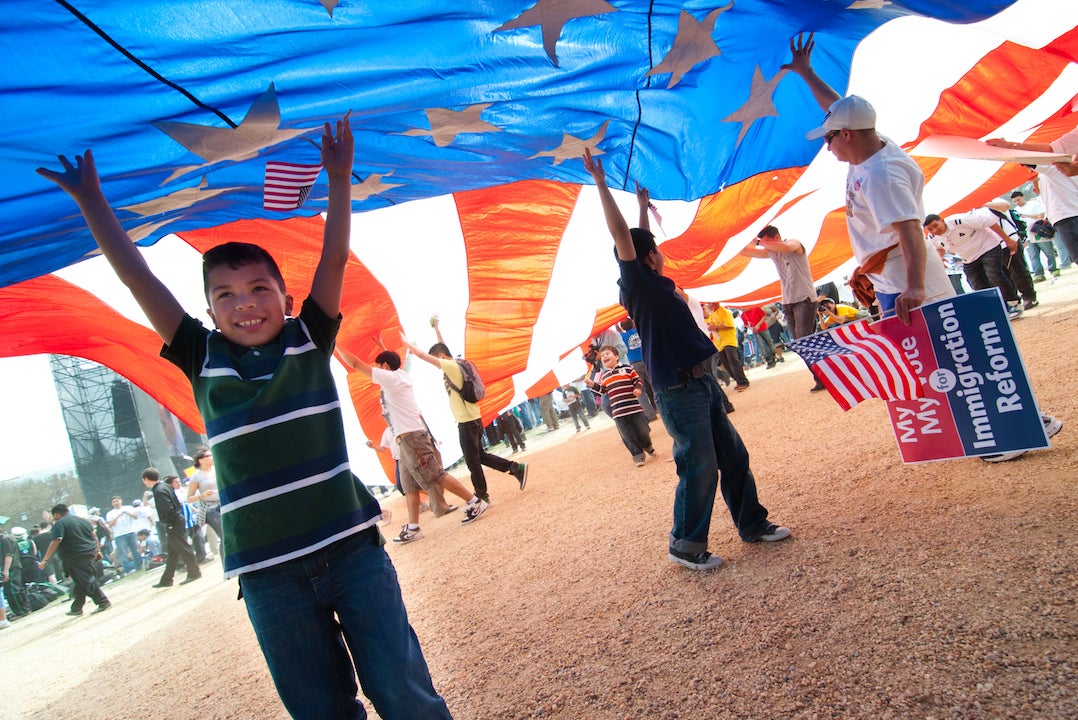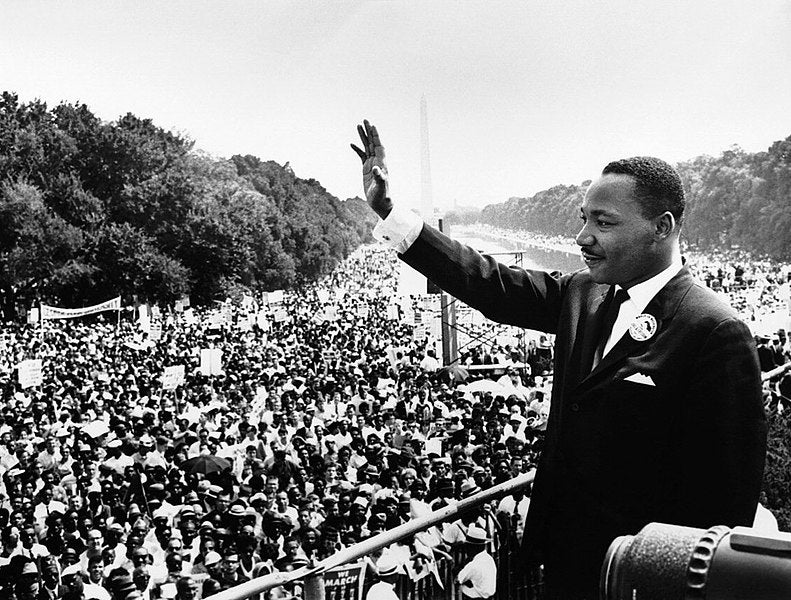What should every American know? This question has long been debated, discussed, and deliberated. And while answers need to come from all of us—not just a powerful few—young people have often been excluded from these conversations. An ongoing partnership between Chicago Public Schools and the Aspen Institute’s program on Citizenship and American Identity aims to change that. Together they will elevate youth perspectives, beliefs, and values as vital to our national conversation of civic purpose.
Mariah Robinson is a 12th grader at Dyett High School for the Arts and lives in the Austin neighborhood on the west side of Chicago.
When I was younger, I took a trip to Disney World for the first time. I was very excited to see all the Disney princesses and meet new people.
I quickly made friends while I was there. We played, danced, and laughed together. When I noticed that one girl wasn’t playing with me, I introduced myself and invited her to join me. I was not prepared for her answer.
“My parents told me not to play with your kind of people,” she said. I didn’t understand, so I asked if this was because I was taller than her. She turned to me and replied, “My parents told me not to talk to you brown people.”
The girl was referring to my race, though I never understood how the color of my skin could harm anyone. At 14, I didn’t know what racism was, only that my Black ancestors were enslaved based on their skin color—and therefore, the color of my skin could affect the way I was treated in US society. However, I never fully understood how the concepts of race, racism, and racial profiling would affect my life.
After that moment at Disney World, I realized hate isn’t something you are born with; it’s something that you’re taught. When we hear the word racism, we usually think of hating somebody based on the color of their skin. But racism isn’t just about interpersonal interactions or explicitly racist comments; it’s about the systemic inequalities that impact the everyday experiences of Black people and other people of color—from pay gaps to police brutality and everything in between.
Understanding the history and everyday implications of racism makes someone civically powerful because it can help you become an anti-racist—a person who opposes and promotes racial tolerance in all aspects of their life. This means learning about race and racism outside of internal group discussions, combating your prejudices, and challenging yourself to understand these issues from an anti-racist standpoint. These issues include historical events, current topics like the criminal justice system, and even the everyday experiences of people of color like the one I had at Disney World.
Talking about race and racism can guide us in creating a better society. If people understood more about race and racism, we could reach our ambitions not only for peace but also for shared understanding among people and communities. Even the simple acknowledgment that we are all equal no matter your cultural background or the color of your skin would have a significant impact.
The first step to this is challenging your own beliefs and biases. As James Baldwin once said, “not everything that is faced can be changed, but nothing can be changed until it is faced.” Baldwin meant that we cannot expect a change if we are not willing to stand up for what we believe. We cannot sit on the sidelines. We need to actively work to create a better and safer world, no matter your race.


